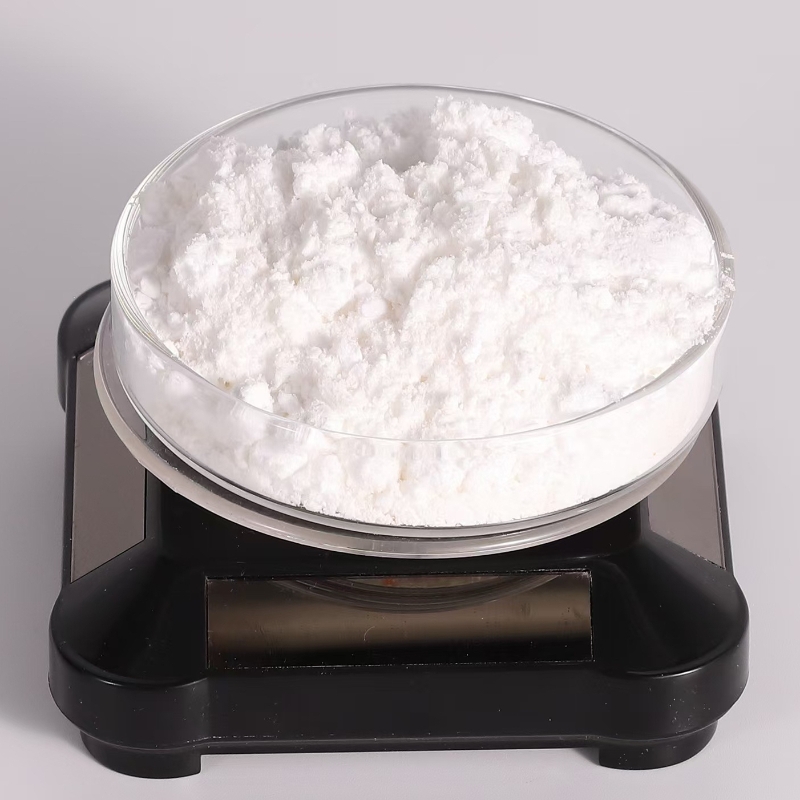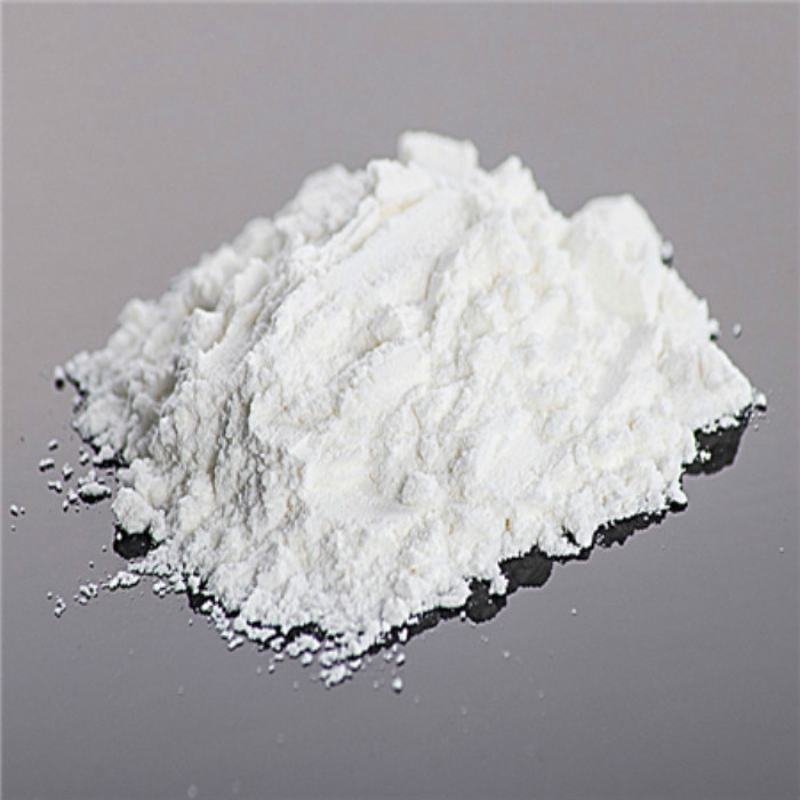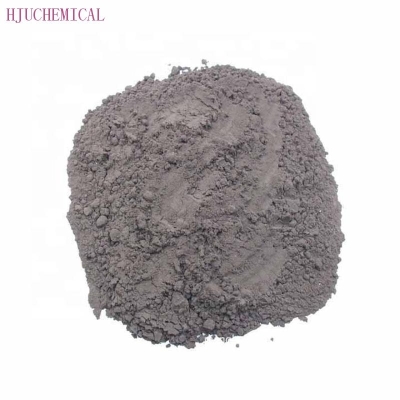-
The Upstream and Downstream products of Antimony trioxide
Time of Update: 2023-05-01
Its downstream products include the products that are made using the final product as a catalyst or flame retardant, such as plastics, textiles, electrical wires and cables, and other synthetic materials.
-
The Production Process of Antimony trioxide
Time of Update: 2023-05-01
The production process of antimony trioxide involves several steps that are designed to extract and purify the substance from its ores.
The production process of antimony trioxide involves several steps that are designed to extract and purify the substance from its ores.
-
The Applications of Antimony trioxide
Time of Update: 2023-05-01
It is used in the production of fire retardant materials, batteries, fungicides, catalysts, antimicrobial agents, metal Antimony trioxide is a versatile material with a wide range of applications in the chemical industry.
-
The Instruction of Antimony trioxide
Time of Update: 2023-05-01
It is known for its excellent catalytic and flame-retarding properties and is used in various applications, including the production of plastics, rubber, and textiles.
It is known for its excellent catalytic and flame-retarding properties and is used in various applications, including the production of plastics, rubber, and textiles.
-
The Synthetic Routes of Antimony trioxide
Time of Update: 2023-05-01
The synthetic routes for the production of antimony trioxide are many, but the most commonly used methods are the oxidation of antimony sulfide and the hydrolysis of antimony trichloride.
-
The Safety of Antimony trioxide
Time of Update: 2023-05-01
It is essential to implement appropriate safety measures during production, handling, transportation, and use to prevent any harm to workers, the environment, or the final products.
It is essential to implement appropriate safety measures during production, handling, transportation, and use to prevent any harm to workers, the environment, or the final products.







